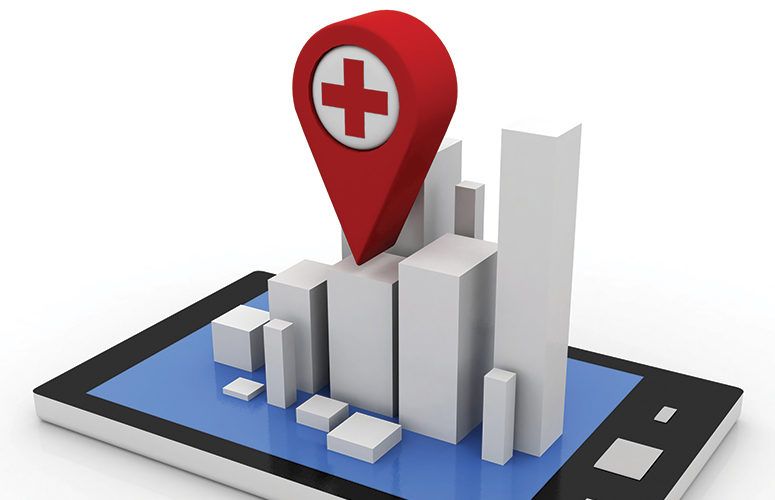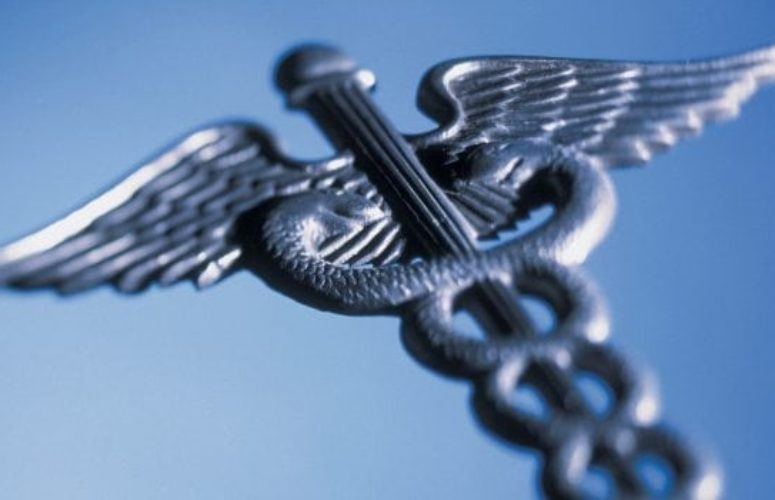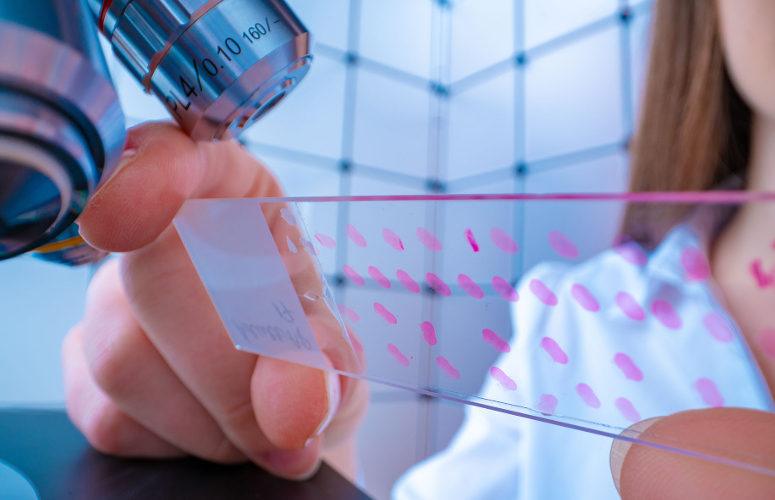
Hospitals Guide the Journey from Primary Care to Specialist Treatment
The rise of electronic medical records, telemedicine and other resources are helping New Jersey healthcare systems maintain continuity of care even during the pandemic.
By João-Pierre S. Ruth, Contributing Writer On Oct 14, 2020A visit to a primary physician can start with what seems like a simple symptom, but deeper, underlying issues could lead to an escalating journey into specialty care with New Jersey hospitals. Health systems such as Saint Peter’s University Health, RWJBarnabas Health, and AtlantiCare make use of such resources as electronic medical records and coordinated strategies among specialists to ensure patients receive a robust continuum of care. Even in the time of COVID-19, these institutions work to maintain cohesion from initial consultations with primary physicians through follow-ups with specialists.
The process naturally begins if a patient’s case needs to be escalated after an initial assessment by his or her primary physician. Sorting out the type of specialized care required can be informed by patient history, says Nilam Srivastava, chief of Saint Peter’s division of internal medicine. If a patient comes in with a headache, a common complaint, individual history might hint to the possibility of a case of temporal arteritis, an inflammation of arteries around the scalp. “I would reach out to a vascular surgeon to get a biopsy right away,” she says. The assessment might also include a rheumatologist. Combining such resources could help avoid hospitalization. “If we do coordinated care, we can manage it as an outpatient,” she says.
Depending on the case, some patients may require further contact after leaving the hospital. “COVID-19 patients that we saw may have been stable for discharge, but might have had lingering issues that need to be followed up on,” Srivastava says. Such follow-up could include appointments with cardiologists, kidney specialists, or others depending on what the patient’s needs were.
At this time, the pandemic is still relatively new with data still being collected and unknowns to be faced, she says. The COVID-19 cases can present a variety of signs that include pulmonary issues with shortness of breath, cough, chest pain, anxiety, depression, fatigue, muscle aches, and insomnia, Srivastava says. There may also be a percentage of COVID-19 patients with persistent symptoms including blood clots and gastrointestinal symptoms. “There are a lot of COVID-19 symptoms that we see,” Srivastava says. “These patients need a coordinated approach.”
Amar Bukhari, chief of Saint Peter’s division of pulmonary, critical care, and sleep medicine, says if a patient has an abnormal x-ray or CAT scan result and there is concern of cancer, the case might be referred to him as a pulmonologist to see what steps might be taken. That could include coordinating with other doctors and surgeons for a procedure to remove the abnormality. “Typically, it would be a biopsy to figure out what’s wrong,” he says.
If an abnormality turns out to be cancer, Bukhari says a group of doctors that includes an oncologist, thoracic surgeon, chest surgeon, pulmonologist, radiation therapist, and nurse collaborate, along with pathologists and radiologists, on the next course of action. “The oncologist and surgeon will weigh in on whether this is something we can take out and cure,” he says.
Compared with some other states, New Jersey has an abundance of medical specialties and specialists, says John Bonamo, executive vice president, chief quality officer, and chief medical officer of RWJBarnabas Health. That can be a blessing, but also lead to instances of overutilization, he says. “You will find people in New Jersey referred to specialty care much more frequently and the triggers are much lower than you might find in other states because of that surplus of specialty physicians,” Bonamo says.
RWJBarnabas has developed “medical neighborhoods” to coordinate its care efforts between primary physicians and specialists. For example, internists at hospitals within the RWJBarnabas system have access to a list of covered specialties with contact information so a primary physician is not left wondering where to turn.
Among its various specialties, Bonamo says RWJBarnabas is robust in cardiac services and neurosurgery. The Rutgers Cancer Institute of New Jersey was also established in partnership with RWJBarnabas, which Bonamo says possesses extensive diagnostic capabilities. “It is the frontier of cancer therapy,” he says. (See more on the Rutgers Cancer Institute in our feature story on breast cancer treatment and diagnosis in this issue.)
The synergy between primary care and specialists in the AtlantiCare system is formed in part by the way facilities are spread across its operational territory. Cardiology, neurology and oncology are among the specialty service lines AtlantiCare offers. Glen Stoll, assistant vice president of primary care service line, says AtlantiCare established a hub-and-spoke model to provide centralized services including labs, radiology and additional testing modalities. “We’ve strategically placed those hubs throughout our service areas, and then we surround them with spokes for primary care,” she says.
For example, the AtlantiCare Health Park at Hammonton is a 12,000-square-foot campus with an emergency department, a full suite of imaging services, a full suite of cardiac diagnostics, and a timeshare suite through which 25 different specialty providers rotate. “We’ve created a medical mall and replicated the conceptual format in Cape May County, Atlantic County, the western part of our market, and in Manahawkin, the northern part of our market,” Stoll says.
Mary Ann M Yehl, medical director for AtlantiCare Physician Group, Primary Care Plus, and AtlantiCare Health Solutions, says AtlantiCare has primary physician offices across five counties, from Cape May County to Ocean County. The offices are staffed with one or more primary care physicians or nurse practitioners and ancillary staff.
The integration of electronic medical records (EMR) across the healthcare system helps improve communication and streamlines treatment, Yehl says. “Having EMR cuts down on testing,” she says. “For example, if the patient has just been to the cardiologist and he or she had an EKG, I don’t have to do that.” Other recent innovations, such as remote patient monitoring, helps providers get a handle on patients while at home, Yehl says. Such patients use monitors that record their vitals daily such as blood pressure, oxygen, blood sugar, and heart rate. If there are aberrations in the data, the patient gets a call from a nurse who serves as care manager to recheck their stats. “This has been a huge advance in wrapping our arms around patients with, say, uncontrolled diabetes,” she says.
The impact of COVID-19 has accelerated the implementation of telemedicine, says Benjamin J. Negley, vice president of physician practice management and ambulatory care for AtlantiCare.
At the onset of the pandemic, he says AtlantiCare used Skype to communicate, but eventually moved onto the InTouch Health platform to provide patients virtual access to care. Negley says between the primary care physicians and specialists at AtlantiCare’s disposal, the healthcare system provides significant heart, vascular and oncology services locally, including urgent care for same day access. “The goal is to keep people out of the hospital emergency room when they don’t need to go and have a well-developed portfolio of providers,” he says.
To access more business news, visit NJB News Now.
Related Articles:





